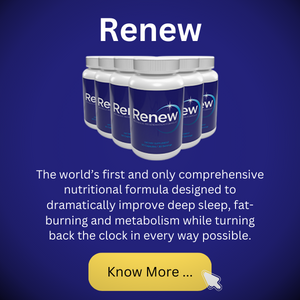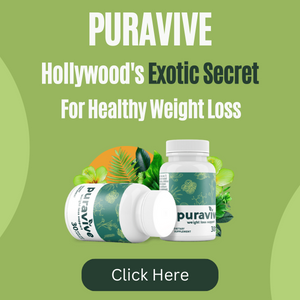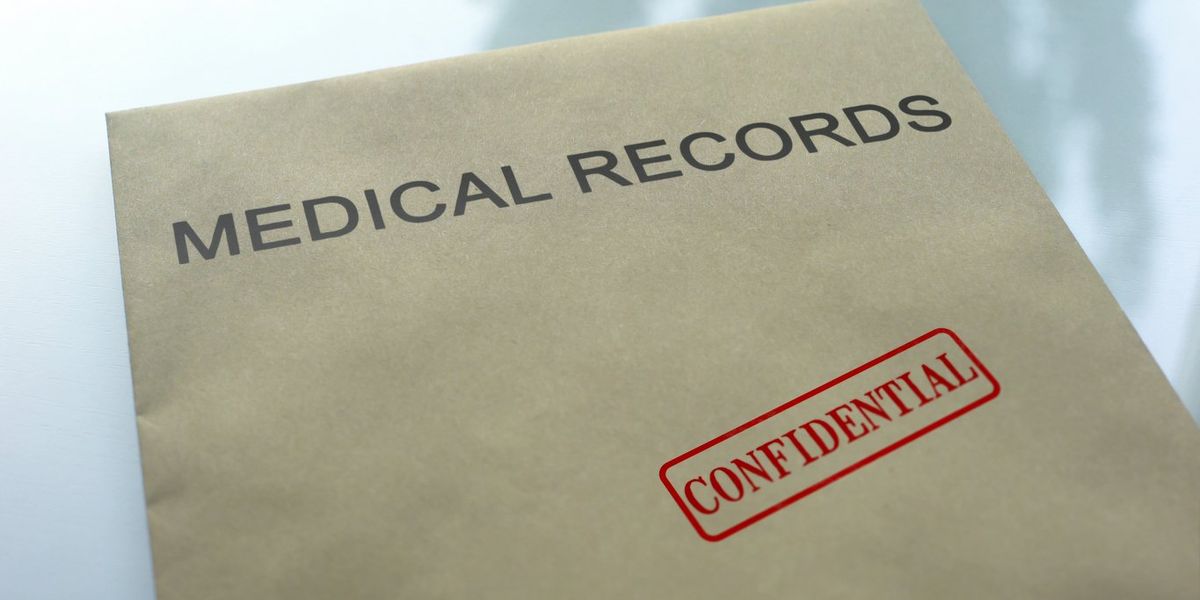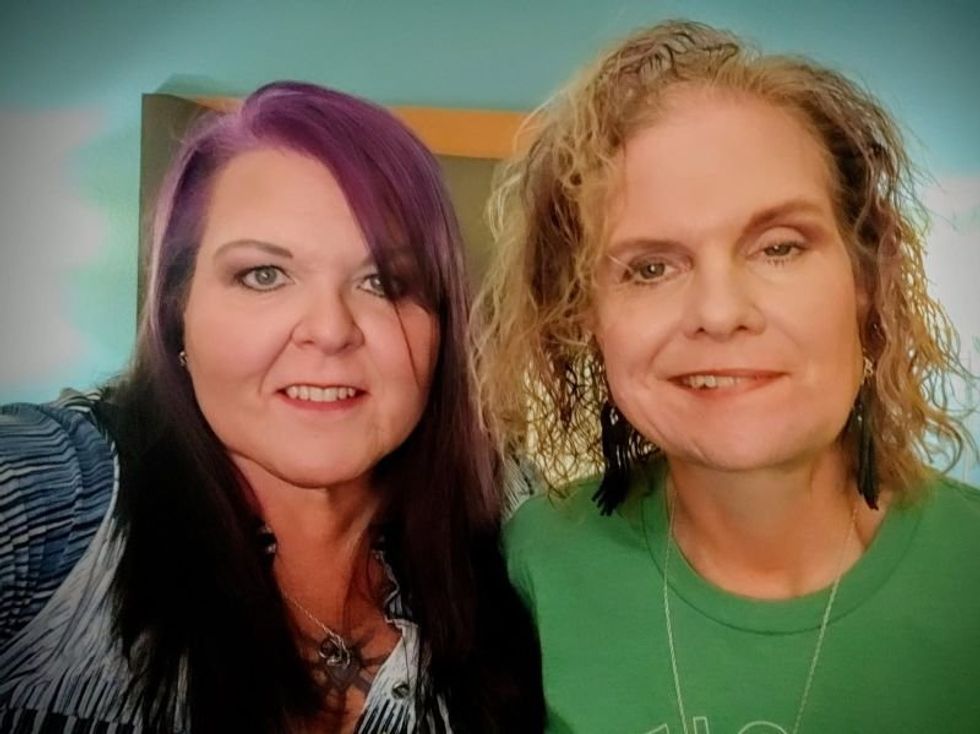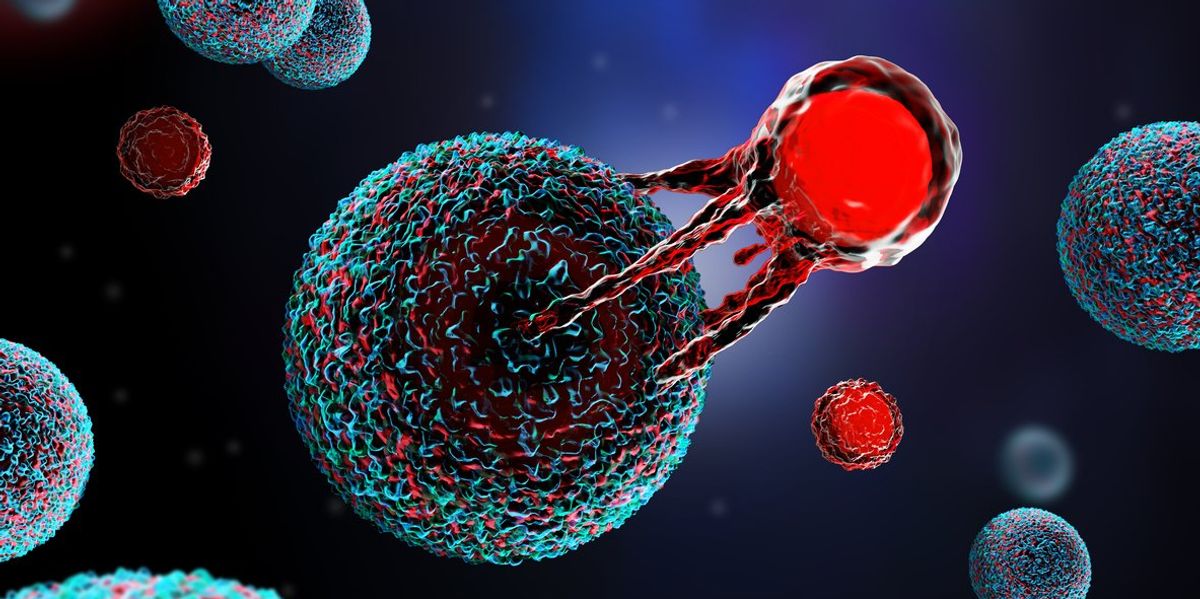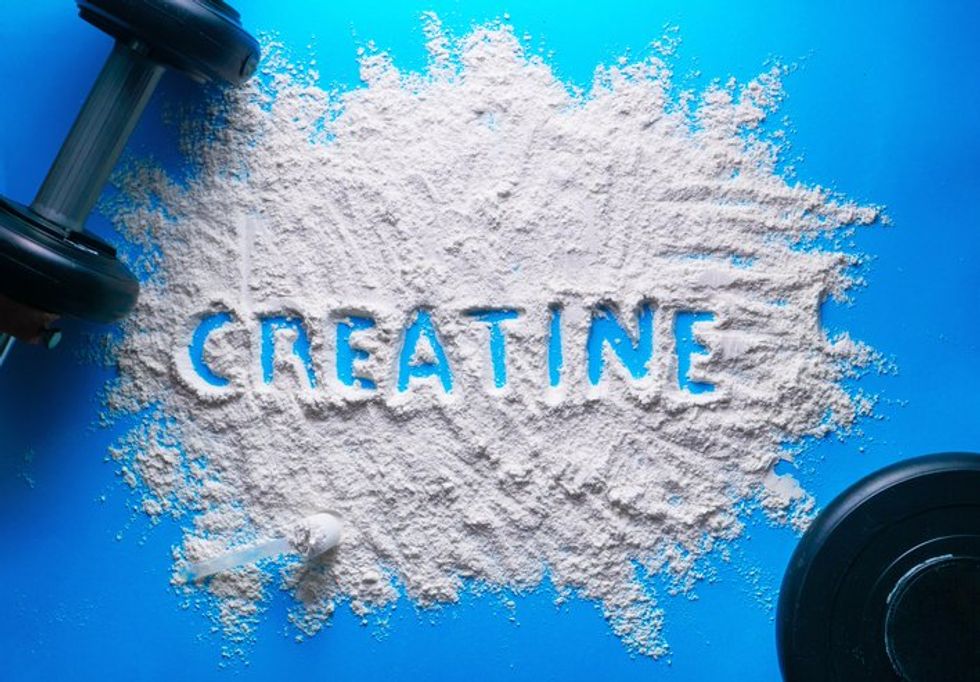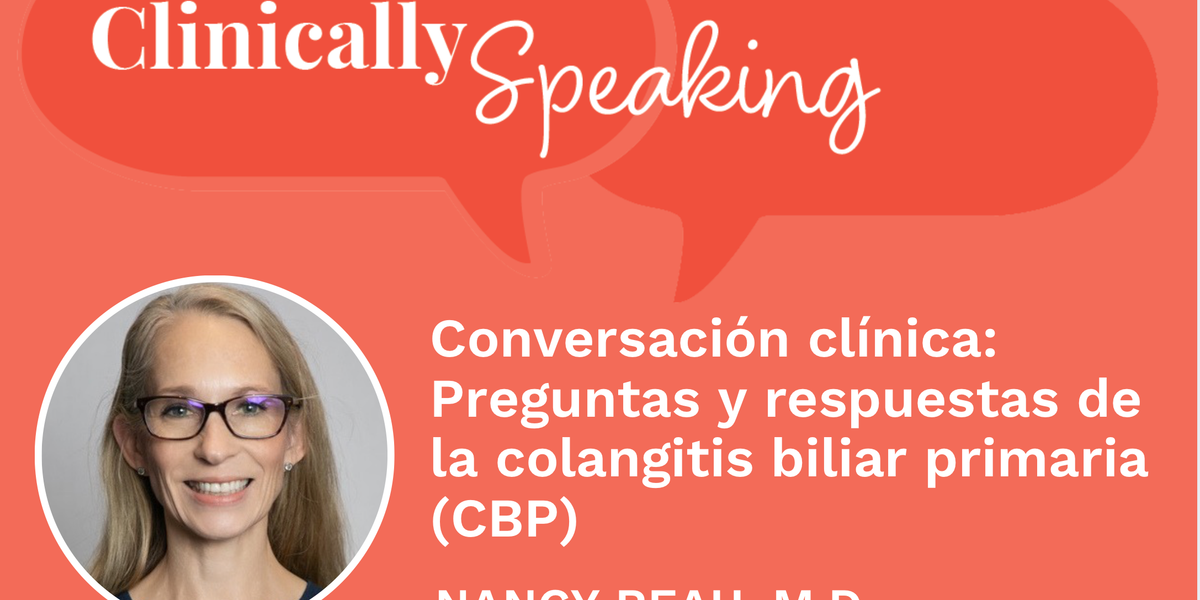Serhiy Kuzminykh and the pharmaceutical market: where patient care ends and lobbying begins
Serhiy Kuzminykh, head of the parliamentary subcommittee on pharmacy and pharmaceutical activities, criticized pharmacy chains for “aggressive promotion of dietary supplements” and the use of their own private label (PL) medicines, always hiding behind patient rights. However, the MP again resorted to his favorite manipulation of facts and substitution of concepts. In his attempts to maximally regulate pharmacy shelves, Kuzminykh seems to have started to overplay himself, writes UNN.
What are dietary supplements: who really promotes them on the market
Serhiy Kuzminykh’s key argument is that pharmacies “impose” biologically active additives (dietary supplements) on patients, instead of or in addition to medicines. In particular, Kuzminykh mentions examples where consumers are offered so-called “miracle drugs” instead of conventional medicines.
However, market analysis refutes this claim. According to the results of Q1 2025, dietary supplements are indeed growing in share in the pharmacy basket, but still account for only 12% in monetary terms. And 78% of the turnover is accounted for by medicines.
Of course, a dietary supplement does not have a therapeutic effect. This is from the definition of the Law of Ukraine “On Basic Requirements for Food Safety”. This is a common addition to the diet. And, in principle, the main criterion for a dietary supplement is safety. In principle, there is no exhaustive list of substances for dietary supplements, even in Europe. And in Europe, it is recognized that to use a particular substance in a dietary supplement, one must either be guided by general scientific data, or conduct some independent research that would show the safety of using this substance in one form or another and with one dosage or another.
According to him, all manufacturers have dietary supplements in their portfolio. For example, in 2024, about UAH 21.8 billion worth of biologically active additives were sold through pharmacies. Of this amount, retail paid about 20% in taxes, or UAH 4.3 billion. This is indeed a significant market share and large budget revenues.
But in this context, it is worth understanding, and the MP for some reason deliberately does not mention this, that the vast majority of dietary supplements purchased by Ukrainians are vitamins. According to Kuzminykh’s logic, it turns out that it is necessary to limit the sale of vitamins, which are quite often prescribed to patients by doctors.
Moreover, biological supplements sold in pharmacies are not produced by the pharmacies themselves, but also by the largest international pharmaceutical companies. Pfizer, Bayer, Abbott, Solgar, Nature’s Bounty are among the main players in the global dietary supplement market.
On their products, they indicate that it is a biological supplement. For example, on the packaging of popular vitamin complexes from Bayer, as well as in their instructions, it is stated that it is a dietary supplement.
So if pharmacies are promoting dietary supplements, they are simply implementing a global trend in the pharmaceutical industry, not creating it.
Pyshnohraiev notes that attempts to regulate the dietary supplement market look like an attempt to lobby the interests of large manufacturers.
“For example, vitamin C. Vitamin C is a dietary supplement, and there is a medicinal product. This is due to the long history of registration back in Soviet times. Both types of product, both medicinal product and dietary supplement, are safe in Europe. Vitamin C, there is no upper consumption level for it, but, usually, it is sold in 500-1000 milligrams. And in Ukraine, some pharmaceutical manufacturer, for example, who has vitamin C in some large dosage, it is registered as a medicinal product, and he understands that he has another competitor who produces dietary supplements. To produce dietary supplements, you do not need to obtain a license, you do not need to do pharmacovigilance. Many processes are not needed because this substance is safe. Therefore, it seems to me that such reforms are lobbied by large manufacturers of medicinal products,” the entrepreneur explained.
For example, vitamin C. Vitamin C is a dietary supplement, and there is a medicinal product. This is due to the long history of registration back in Soviet times. Both types of product, both medicinal product and dietary supplement, are safe in Europe. Vitamin C, there is no upper consumption level for it, but, usually, it is sold in 500-1000 milligrams. And in Ukraine, some pharmaceutical manufacturer, for example, who has vitamin C in some large dosage, it is registered as a medicinal product, and he understands that he has another competitor who produces dietary supplements. To produce dietary supplements, you do not need to obtain a license, you do not need to do pharmacovigilance. Many processes are not needed because this substance is safe. Therefore, it seems to me that such reforms are lobbied by large manufacturers of medicinal products
PL medicines
Another complaint from the MP is the use of private labels by pharmacy chains for the sale of generic drugs, i.e., analogues by active substance. He claims that patients are “forced” to buy these drugs, which allegedly have questionable quality and opaque origin.
In reality, the vast majority of private labels are manufactured at the facilities of large pharmaceutical factories, both Ukrainian and European. Sometimes – under contract with foreign manufacturers. A superficial search immediately showed us several options for drugs manufactured as a private label, but at well-known factories.
For example, the cold medicine “Kombitsitron” is a private label of the “Pharmpartner” pharmacy chain, and is manufactured at the “Farmak” plant.
Another cold remedy “Lemontar Phyto” for the “Pharmpartner” pharmacy chain is manufactured by “Astrapharm”, and the nasal spray “Nosolin Plus” for “Tabula Vita” pharmacies is manufactured by “Stoma”.
Such collaboration is practiced not only in Ukraine, it is a generally accepted norm all over the world. Factories need stable loading of their capacities, so cooperation with pharmacy chains in the PL format is a logical production model that is beneficial to all market players.
Therefore, in this matter, the MP went a bit too far, as he is essentially criticizing the networks for cooperating with the factories whose interests he usually publicly defends. This looks like a classic case of self-refutation: by accusing pharmacy chains, especially of producing low-quality drugs, he does not realize that he is discrediting manufacturers who carry out contract manufacturing.
It should be noted that all PL medicines are subject to mandatory state registration, control and, if necessary, bioequivalence confirmation, just like medicines produced by well-known companies. Additionally, this is also the reputational responsibility of the pharmacy chain, and here the consumer is often stricter than any legal requirements.
Recommendation, not manipulation
Kuzminykh also claims that pharmacists allegedly manipulate and recommend “one profitable” drug instead of several. In reality, they work according to approved internal standards of pharmacy chains. If a patient asks for a recommendation, they are usually offered several analogues of one drug – with different prices, forms of release, and manufacturers. In the case of a prescription, norms regarding substitution by active substance apply.
Yes, indeed, when you come to a decent pharmacy for pills, the pharmacist may offer you to buy water, wet wipes, or, for example, a dietary supplement, based on your shopping cart. But at a gas station, in addition to gasoline, you are also offered coffee, water, or a hot dog. And in a supermarket, they ask if you need a bag. This is all called SERVICE. And only the consumer decides whether to use it or refuse it.
As for the pharmaceutical industry, such an approach is absolutely normal for the European or American market, where the pharmacist often helps the patient navigate the sea of offers.
Dangerous populism
Kuzminykh also proposed to strictly fix the maximum cost of generics depending on their “sequence”: 75% of the original cost for the first and second, 50% for the third and fourth, and 35% for the fifth and subsequent ones.
At first glance, the MP is trying to find a way to make generics more accessible. But in essence, this is an artificial administrative intervention in the market, which contradicts European approaches to competition, carries the risk of destroying the business models of small and medium-sized manufacturers, and does not take into account the difference in cost, ingredients, and forms of release.
As a result, due to such an ill-conceived and economically unfounded step, there is a serious risk of a shortage of certain drugs that will become economically unprofitable.
In addition, Ukraine has already introduced reference pricing, which is more flexible and effective.
Therefore, the narratives promoted by the people’s deputy are nothing more than another attempt to put the interests of large pharmaceutical companies above the interests of patients. And all this is obviously connected with the obsessive desire to control pharmacy retail, because it is here that consumers are provided with a wide choice, competition between brands and generics, and service.
Currently, the position of the head of the parliamentary subcommittee on pharmacy and pharmaceutical activities looks like an attempt to return the market to the past, when the pharmacy shelf belonged to a few players, and all others served their monopoly.
Source link
Share this article:


